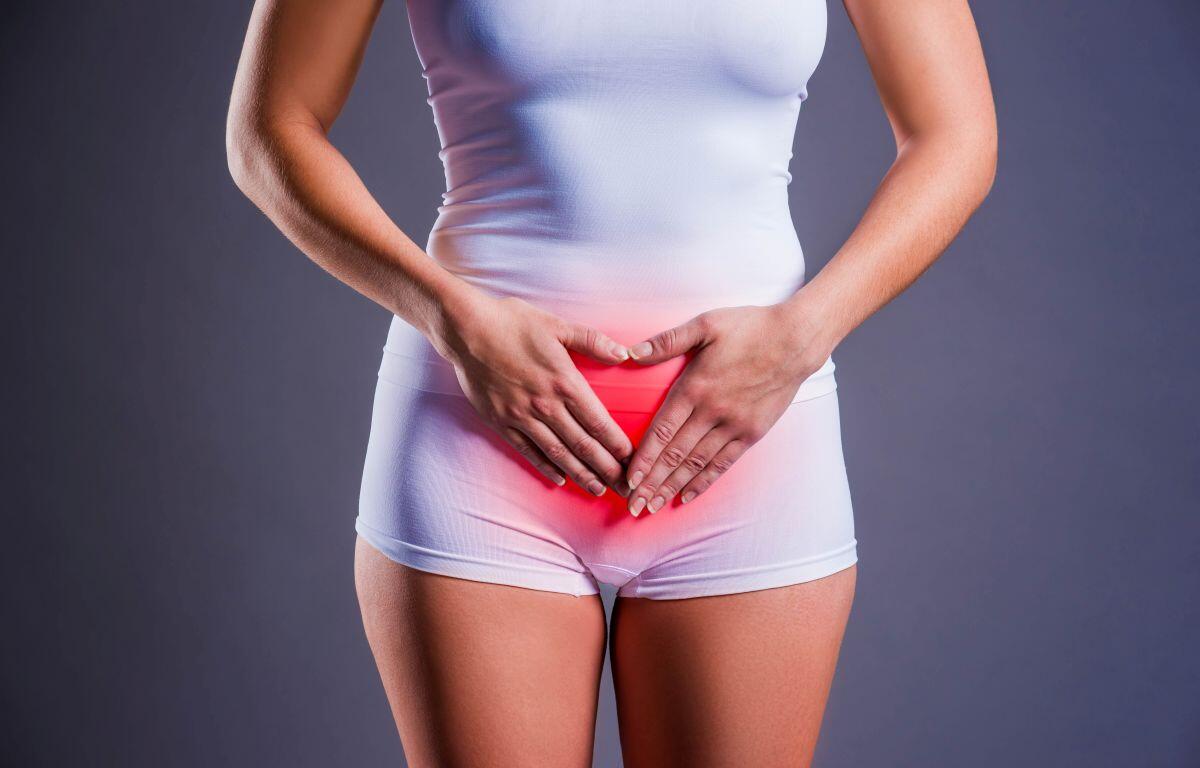CHAMPAIGN, Ill. (Chambana Today) — Period poverty—limited access to menstrual products, clean facilities, and basic menstrual health education—remains a serious issue in Champaign-Urbana, according to the Champaign-Urbana Public Health District (CUPHD). Arabella Ramirez, the Health Educator in the Wellness and Health Promotion Department, says the topic is still heavily stigmatized, despite affecting “millions and far too many in our own community.”
Ramirez, who teaches reproductive and menstrual health throughout local schools, says early education is key. CUPHD begins puberty and menstrual health lessons in fifth grade, ensuring students learn before physical changes occur. Lessons cover reproductive anatomy, emotional changes during puberty, the menstrual cycle, and a wide range of period products. Importantly, all students—regardless of gender—learn together.
“Separating by gender leaves half the room without basic reproductive knowledge,” Ramirez said. “Everyone deserves accurate information.”
To hear the entire interview, click here: Stream episode Focus – CUPHD Menstrual Health Education and Period Poverty by Illini Media Group podcast | Listen online for free on SoundCloud
Stigma continues to be a barrier. A 2023 State of the Period survey found 53% of adults felt unprepared for their first period, and 42% of teens said their teachers appeared uncomfortable discussing menstruation. Period poverty can lead to serious risks, including toxic shock syndrome from overusing products, as well as missed school and workdays.
To fill gaps in access, CUPHD operates a menstrual hygiene closet at its facility at 201 West Kenyon Road, open to anyone during business hours. Community donations—both new and unopened wrapped products—stock the shelves, and demand is high. “The closet gets two to three visits a day,” Ramirez noted.
The district is also partnering with the Wrapp Project, (Washable, Reusable, Accessible, Period Products), which teaches volunteers to sew reusable pads. At their first event, volunteers completed 91 reusable pads in two hours—each set giving a local resident a sustainable, long-term option.
Ramirez says her vision for Champaign-Urbana is simple: menstrual equity without shame. “No one should feel they have to explain why they need help. We trust, we believe, and we’re here to support.”
Residents who want to donate, volunteer, or learn more can contact Ramirez at aramirez@cuphd.org or 217-531-2912.


